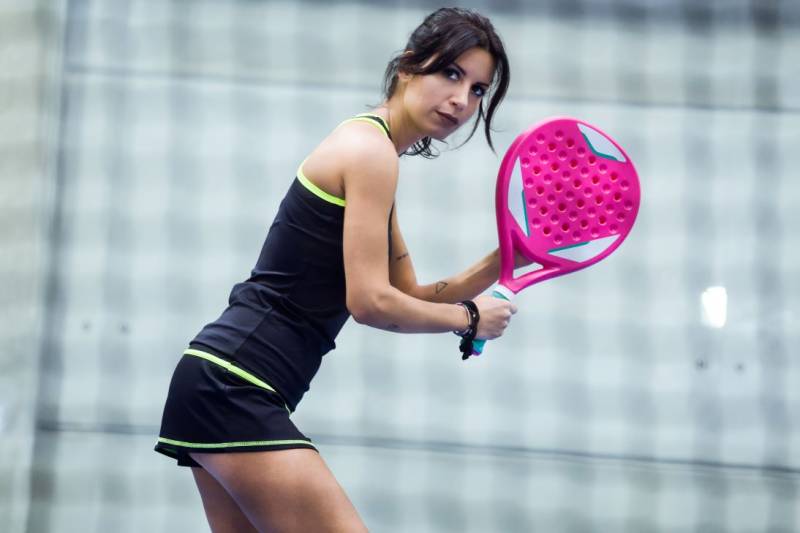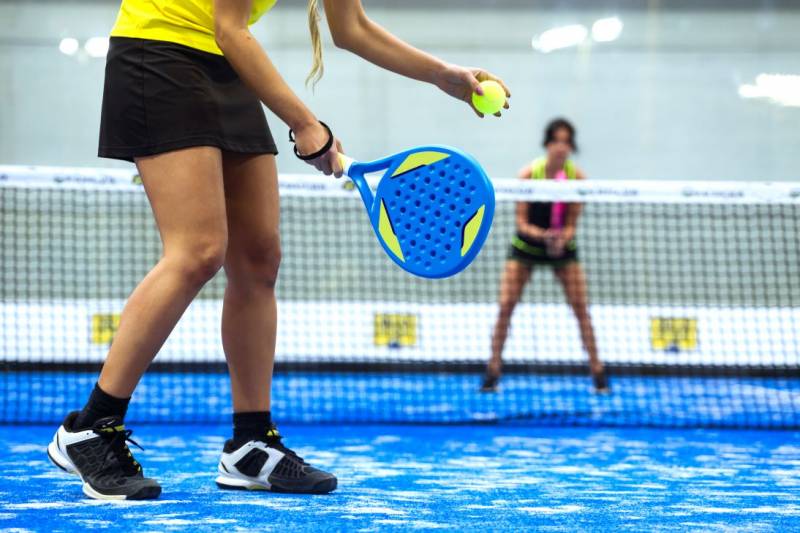

Guidelines for submitting articles to San Javier Today
Hello, and thank you for choosing sanjavier.today to publicise your organisation’s info or event.
San Javier Today is a website set up by Murcia Today specifically for residents of the urbanisation in Southwest Murcia, providing news and information on what’s happening in the local area, which is the largest English-speaking expat area in the Region of Murcia.
When submitting text to be included on San Javier Today, please abide by the following guidelines so we can upload your article as swiftly as possible:
Send an email to editor@spaintodayonline.com or contact@murciatoday.com
Attach the information in a Word Document or Google Doc
Include all relevant points, including:
Who is the organisation running the event?
Where is it happening?
When?
How much does it cost?
Is it necessary to book beforehand, or can people just show up on the day?
…but try not to exceed 300 words
Also attach a photo to illustrate your article, no more than 100kb

Padel at Club MMGR
Padel is the fastest growing sport in the world, and you can join in the fun at Club MMGR
History of the sport Padel
 Padel (also known as Paddle) originated in Mexico. The game is similar to traditional tennis and involves bouncing the ball in the opposition's side of the court, but with the possibility of bouncing off the surrounding walls. Mexican Enrique Corcuera is considered the inventor of paddle tennis, building the first court at his house in Las Brisas, in Acapulco, in the 1960’s adapting an existing squash court to incorporate a net and adding three walls about 3 metres high. This court was 20x10 metres. The rules that were used were the same as those of tennis, but with the variant that the walls could be used.
Padel (also known as Paddle) originated in Mexico. The game is similar to traditional tennis and involves bouncing the ball in the opposition's side of the court, but with the possibility of bouncing off the surrounding walls. Mexican Enrique Corcuera is considered the inventor of paddle tennis, building the first court at his house in Las Brisas, in Acapulco, in the 1960’s adapting an existing squash court to incorporate a net and adding three walls about 3 metres high. This court was 20x10 metres. The rules that were used were the same as those of tennis, but with the variant that the walls could be used.
Padel was introduced to Spain and South America in the 1970s by one of Enrique Corcuera's friends, Prince Alfonso de Hohenlohe, a property developer with a collection of tourist complexes on the Costa del Sol in Malaga. In 1974, on a visit to Mexico at Enrique's house, he was excited with this new form of sport, so much so that on his return to Marbella he built two facilities and made some changes to the court and to the regulations.
A year later, in 1975, the Argentine millionaire Julio Menditegui, who visited Marbella frequently, was so taken by the sport he decided to import it to Argentina. Within a few years, padel had been so widely accepted in Argentina that it has become the second most practiced sport in the country. Padel is currently (2023) the fastest growing sport in the world as witnessed by the increase in the number of players and padel courts around the world, practiced in more than 75 countries, with 35 national padel federations distributed on five continents to date.
The basic rules of Padel
 The game is primarily played in a doubles team format but can be played by singles, similar to Tennis the serving team having two attempts per point.
The game is primarily played in a doubles team format but can be played by singles, similar to Tennis the serving team having two attempts per point.
The serving player has to be behind the service line and serve diagonally, the server bounces the ball first on the floor and then hits it below the waist over the net and into the opponent's box.
The ball can be played off the walls but cannot bounce again.
The scoring system is exactly the same as Tennis: 15; 30; 40; Point or Deuce.
A set is won when a team collects 6 games and there is at least 2 games difference. If the score is 6-5 set is extended for one more game, if the outcome is 6-6 then there is a tie-break the same as Tennis.
Winner is the best of 3 sets.
As Padel courts and rackets are smaller than traditional Tennis, the rallies tend to be longer and the game easier and more fun to learn.















